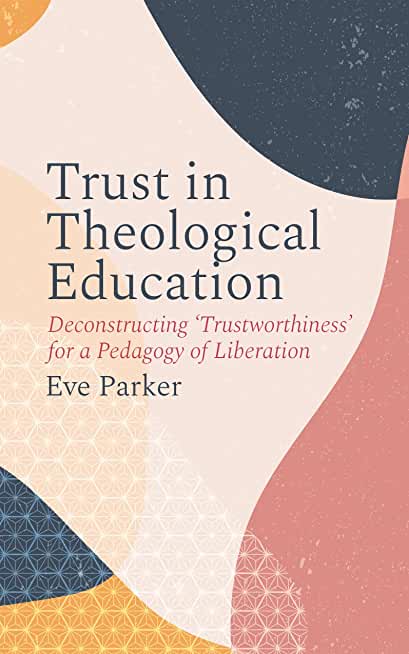
Parker, Eve
As those coming forward for ministerial training change and diversify, is the way we learn theology changing too? Integrity within our training institutions has often been assumed and granted to white, male, or those from the middle or upper classes. This has come at the expense of the faith truths, beliefs and perspectives offered by women, people of colour, indigenous theologies and the working classes, whose testimonies have often been ignored or marginalised by the dominant discourses that have been deemed more trustworthy as a consequence of the way in which imperialism has enabled knowledge and religion to be constructed and controlled. Yet theological education also has a potential to challenge these norms. It holds the potential to challenge oppressive cultures, theologies and pedagogies. Relying on feminist, black, indecent, and postcolonial theologies, Trust in Theological Education will deconstruct dominant models of theological education, by incorporating ethnographic research, alongside educational theory, liberation theology and radical exegesis'. It will demonstrate theological educations potential to change, and be transformed in order to enable those who have been excluded and marginalised to become speaking subjects and agents for systemic change.
member goods
notems store

Wonderful Counsellor Bulletin (Pkg 100) ...
by Broadman Church Supplies Staff
Gifts/Cards /Other$6.19






